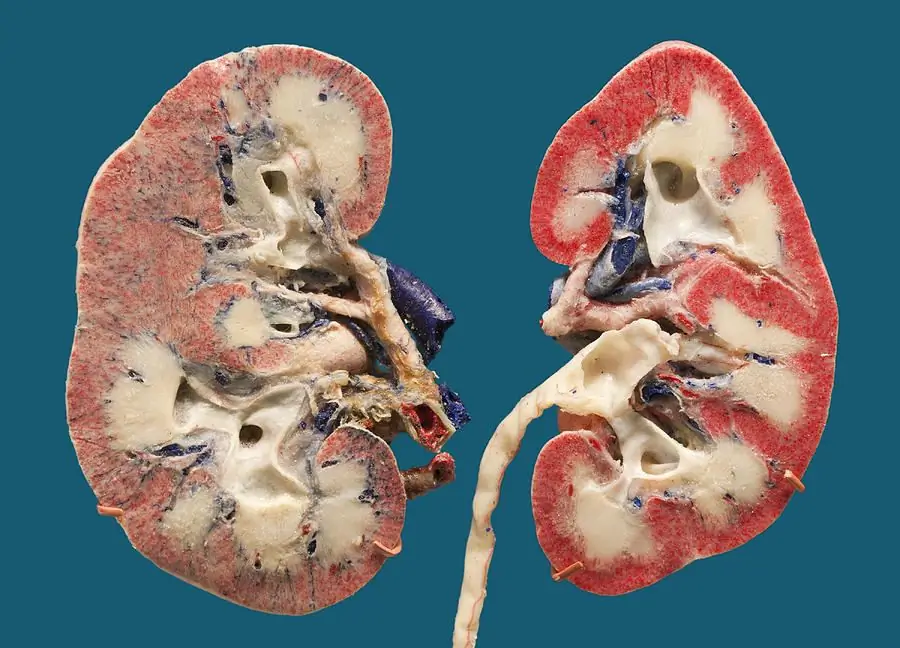At NephCure, we are dedicated to supporting patients affected by rare kidney diseases, ensuring they have access to expert guidance, the latest research, and advanced treatment options. Conditions like Focal Segmental Glomerulosclerosis (FSGS), Congenital Nephrotic Syndrome, and Minimal Change Disease can be complex, but understanding their causes and treatments can empower individuals to make informed healthcare decisions.
FSGS Treatment – Exploring Effective Options
Focal Segmental Glomerulosclerosis (FSGS Treatment) is a kidney disorder that leads to scarring in parts of the glomeruli, the filtering units of the kidneys. As the condition progresses, it can result in protein loss in urine (proteinuria) and declining kidney function.
Available Treatments for FSGS
Although no single cure exists for FSGS, several approaches can help manage the disease and slow its progression:
-
Corticosteroids and Immunosuppressants – These medications help control inflammation and prevent further immune system attacks on the kidneys.
-
ACE Inhibitors and ARBs – Used to reduce protein loss in urine and maintain blood pressure stability.
-
Dietary Modifications – Low-sodium and low-protein diets can support kidney health and prevent excess strain.
-
Emerging Biologic Therapies – New treatments focus on targeting specific immune responses related to FSGS.
-
Kidney Transplantation – In severe cases, a transplant may be necessary, but recurrence of FSGS post-transplant is possible.
At NephCure, we advocate for continued research and access to innovative therapies for those affected by FSGS.
Congenital Nephrotic Syndrome – Causes and Management
Congenital Nephrotic Syndrome is a rare kidney disorder that manifests in newborns and infants, leading to massive protein loss and kidney dysfunction. Unlike other forms of nephrotic syndrome, this condition develops early in life and requires immediate medical intervention.
Causes of Congenital Nephrotic Syndrome
-
Genetic Mutations – The most common cause involves defects in genes like NPHS1 and NPHS2, which are responsible for kidney function.
-
Prenatal Infections – Exposure to viruses or bacteria during pregnancy may trigger kidney damage in the fetus.
-
Structural Abnormalities – Some babies are born with malformed kidney filters, leading to severe proteinuria.
Treatment Strategies
Since this condition is often progressive, early medical intervention is critical. Treatment options include:
-
High-Protein Diets and Supplements to help maintain nutritional balance.
-
Diuretics and Blood Pressure Medications to control symptoms like swelling and hypertension.
-
Kidney Transplantation as a long-term solution for managing kidney failure.
NephCure provides valuable resources and advocacy for families facing congenital kidney challenges.
Minimal Change Disease Causes – Uncovering the Triggers
Minimal Change Disease (MCD) is one of the leading causes of nephrotic syndrome, primarily affecting children but also occurring in adults. Unlike other kidney diseases, MCD does not show visible damage in biopsies, making diagnosis challenging.
What Causes Minimal Change Disease?
-
Immune System Dysregulation – A faulty immune response can trigger kidney inflammation, leading to MCD.
-
Infections and Allergic Reactions – Certain viral infections and allergies may contribute to disease onset.
-
Medication Side Effects – Nonsteroidal anti-inflammatory drugs (NSAIDs) and some antibiotics have been linked to MCD.
-
Genetic Susceptibility – Some individuals have a predisposition to developing nephrotic syndrome.
Treating Minimal Change Disease
Fortunately, MCD responds well to corticosteroids, and most patients achieve remission. Other treatments include:
-
Immunosuppressive Therapy, for steroid-resistant cases.
-
Blood Pressure and Fluid Management, to prevent complications.
-
Dietary Adjustments, reducing salt intake to manage swelling.
At NephCure, we advocate for early detection and effective treatment plans for MCD patients.
How NephCure Supports Kidney Disease Patients
Navigating kidney disease can feel overwhelming, but NephCure provides comprehensive resources and research-backed guidance to support patients and families.
Why Choose NephCure?
-
Advocacy for innovative treatments and clinical trials
-
Educational programs on managing kidney conditions
-
Patient support networks and expert consultations
-
Commitment to funding rare kidney disease research
Knowledge is power NephCure ensures that individuals facing kidney challenges receive the care and information they need.
Contact NephCure Today!
If you or a loved one is affected by FSGS, Congenital Nephrotic Syndrome, or Minimal Change Disease, turn to NephCure for expert guidance, treatment resources, and patient support.



